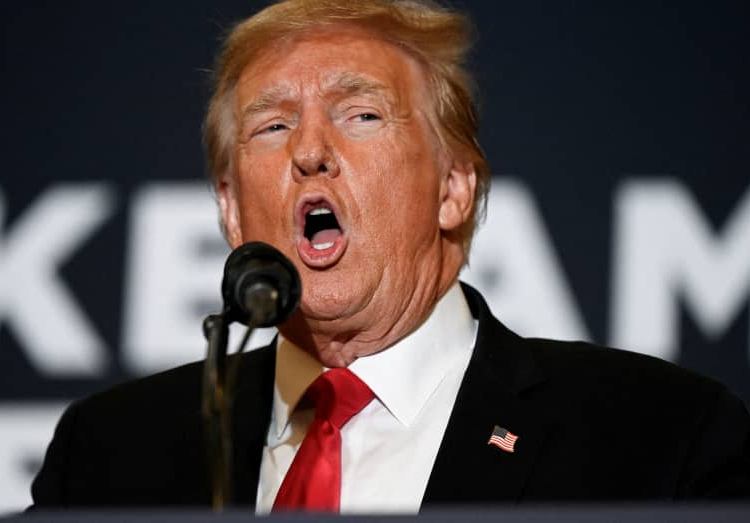The Colorado Supreme Court’s landmark decision on Tuesday declared former President Donald Trump constitutionally unfit for the 2024 presidential race, citing the 14th Amendment’s prohibition of insurrectionists from holding public office due to his actions on January 6, 2021.
Trump’s ineligibility for office under the ‘insurrectionist ban’ in the 14th Amendment led to his removal from Colorado’s Republican primary ballot scheduled for Super Tuesday in March. However, the ruling was paused to allow Trump to appeal to the US Supreme Court, potentially retaining his place on the state’s ballot pending the appeal’s resolution.
The ruling is seen as holding Trump accountable for his attempts to overturn the 2020 election and represents a significant consequence for his anti-democratic conduct. It also validates the efforts of liberal groups and constitutional scholars advocating 14th Amendment lawsuits despite the odds.
Here are the key highlights from the decision and what may unfold next:
1. Trump’s Involvement in the Insurrection
The Colorado court affirmed that Trump was engaged in the January 6 Capitol assault, crucial for his disqualification under the 14th Amendment. The term “insurrection” and what constitutes “engaging in” an insurrection posed significant legal challenges, all addressed in the court’s decision.
Additionally, the court upheld that Trump’s speech on January 6, suggesting supporters “fight like hell” and march to the Capitol, did not fall under First Amendment protection, as his words incited violence.
2. The ‘Insurrectionist Ban’ Applied to Trump
Contrary to the trial judge’s interpretation, the Colorado justices disagreed that the ‘insurrectionist ban’ applied to all offices except the presidency. They concluded that the Presidency is undeniably an ‘office’ under the United States, making Trump’s disqualification applicable under Section 3 of the 14th Amendment.
3. The Decision’s Future Lies with the US Supreme Court
The case now moves to the US Supreme Court, with the final decision resting in its hands. How swiftly the court addresses the appeal and the nature of their decision will significantly impact the political calendar, possibly influencing the GOP primary season.
The pause in the ruling grants Trump a chance to appeal before January 4, retaining his presence on the Colorado primary ballot until the Supreme Court delivers its final judgment. This timeframe aligns closely with state law for certifying primary candidates.
The Colorado Secretary of State, Jena Griswold, intends to comply with the court’s decision, underscoring the broader implications of Trump’s eligibility, which could impact the general election.





